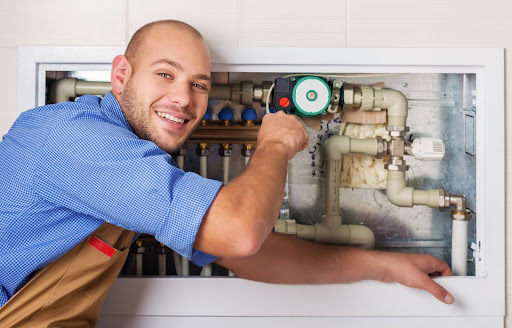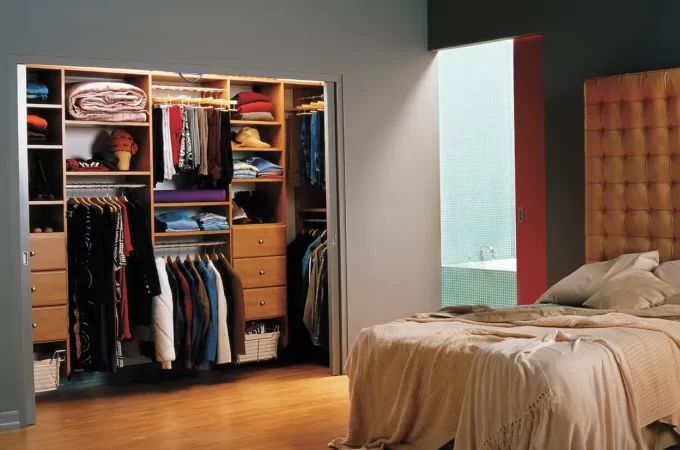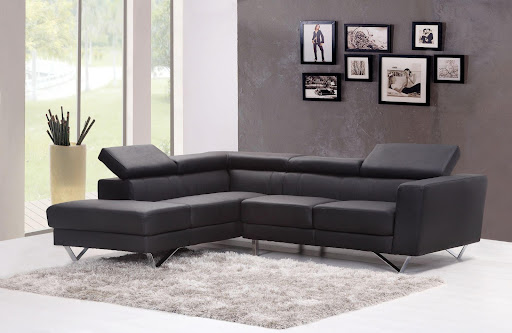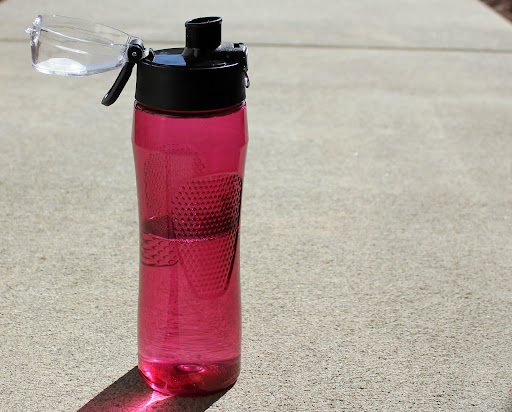
Effective ways to keep yourself cool in high temperatures.
Sometimes, summer heat becomes so unbearable that you find yourself unproductive, agitated, and frankly; melting into a puddle.
However, there are things that you can do to effectively keep yourself cool when temperatures soar.
This article will provide you with a couple of ideas on how to keep yourself cool in high temperatures (including a few that you probably didn’t think of), and will also cover:
- The consequences of overheating.
The Consequences of Overheating.
- Dehydration
Dehydration can be a moderate problem, or fatal depending on the extent to which it is allowed to go. Moderate dehydration is characterised by thirst, headaches, and dizziness, symptoms that are exacerbated by high temperatures and can make you feel very unwell. In extreme cases, dehydration can lead to seizures, kidney failure, shock, and even death.
Although it is unlikely that high temperatures will cause death, it shouldn’t be ruled out for vulnerable groups like the elderly. These potential consequences make it imperative that you keep hydrated in extremely warm weather.
- Prickly Heat
Despite its funny name, prickly heat can encourage the formation of small, painful, and inflamed blister-like bumps which can progress into more serious pus-filled miliaria rubra, otherwise known as “heat rash”. These rashes can be itchy and can cause you to develop heat exhaustion and fever.
- Heat Syncope
Heat Syncope, in simple terms, is dizziness and fainting. This could be dangerous for many reasons, including falling unexpectedly and injuring a part of your body, which, in older people, can breed a whole other set of problems.
- Reduced Productivity and Concentration.
Whether you have a high-stakes job, a test today, or even just driving home, your performance could be seriously hindered by overheating. In such high temperatures, it is difficult to focus on anything other than how hot you are, so it is important to ensure that you’re cool enough to preserve your concentration. Lack of concentration, particularly on the road, could be incredibly dangerous. So you mustn’t get too hot during the day.
How to keep yourself cool.
- Wear light clothing.
Different materials have different properties that can either cool you down or raise your body temperature to unbearable levels. Synthetic clothing is exactly what you don’t want to wear. The fibres in synthetic clothing aren’t nearly porous enough to allow sweat to evaporate and cool your body. It is best to wear cotton and linen, materials known for their breathability if you need to lower your body temperature.
Better still, wear as little clothing as possible when inside your home. It is senseless to layer up when you’re more than capable of maximising your comfort.
However, it is important to ensure that you keep the layers on when you’re outside. Whether the clouds are out or it’s a clear day, you can still get sunburned. Sunburn can give you flu-like symptoms such as weakness and nausea, which is the last thing you want when trying to cope with the heat.
- Drink Water.
Water is a super-substance that we can’t survive without. It provides us with nutrients, helps with digestion, normalises blood pressure, and most importantly, regulates your body temperature. If you find yourself getting too hot, it’s time to stop what you’re doing and have a glass of water.
It is recommended that you drink 6-8 cups of fluid daily to stay healthy but it’s even more imperative to do so in high temperatures.
Having plants in your home can help remind you to drink water when the heat is high, as unlike you, plants visually show their level of hydration in their soil and leaves. If their soil is dry, their leaves will begin to wilt and die. Depriving yourself of water, especially when it is hot, is just as detrimental to you as it is to your plants.
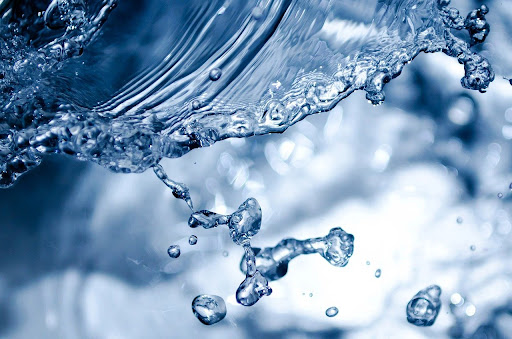
- Only exercise when it is cool outside.
Contrary to popular belief, the hottest time of day isn’t actually 12 o’clock. Peak temperatures hit closer to 3 pm, as the heat from the sun has been allowed time to settle and build up while it is still hot. If you must exercise during the day, it is far safer to do so either early in the morning or later in the evening. When the temperature either hasn’t had time to rise or the night is drawing in.
Exercising in the heat can cause severe hydration and heat cramps, which are extremely painful.
- Cool your extremities.
Our hands and feet play a vital role in keeping our body temperature regulated. This is why, in the winter, we wear hats, gloves, and thick socks to help keep us warm. This same logic applies to saying cool, but rather than wearing woolen clothes; you can use cold water!
Filling a bucket with cold water and allowing your feet to soak in it for a while or running your hands under some cool water can help to lower your overall body temperature.
- Sleep with a damp towel on your chest.
Similar to the point above, sleeping with a damp cold towel on your chest can help massively to regulate your body temperature and may enable you to feel comfortable enough to fall asleep. Make sure that the towel you use isn’t sodden. A little water goes a long way.
- Invest in an air conditioning unit.
High-quality air conditioning units can be expensive, especially considering how much use you may get out of them each year. But the benefits of air conditioning are unparalleled, so taking the plunge and making the purchase may be one of the best things you ever do.
Air conditioning units cool the air and help reduce humidity, unlike fans, which blow air around and do nothing to reduce its temperature. Meaning that you will simply pay for an appliance to blow more hot air at you.
Reducing humidity in the air is extremely important, as humidity can breed dust mites and mould, which can be detrimental to your health if left to fester.
Mould and dust mites cause very similar allergic reactions, which can be mild and simply make you sneeze, or be more serious and cause headaches, fatigue, and breathing difficulties. Facial pressure and asthma attacks are also common in those predisposed to allergies.
Each of these symptoms can cause you to develop heat exhaustion, which is something that you don’t want in high summer temperatures.
We hope you now know at least one more way to keep yourself cool in high temperatures and the dangers of not keeping yourself safe from the heat.

